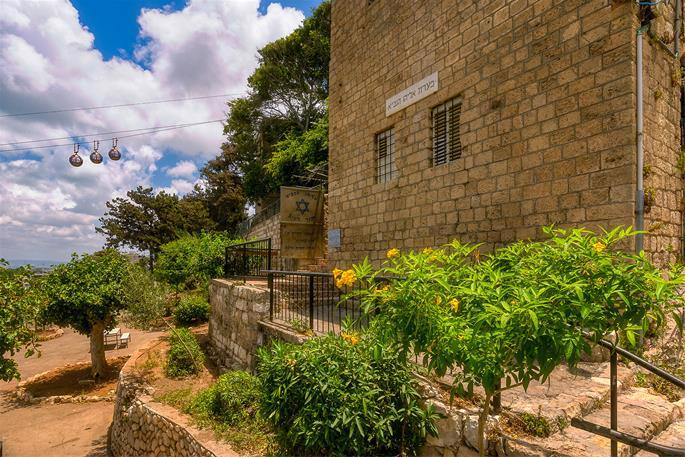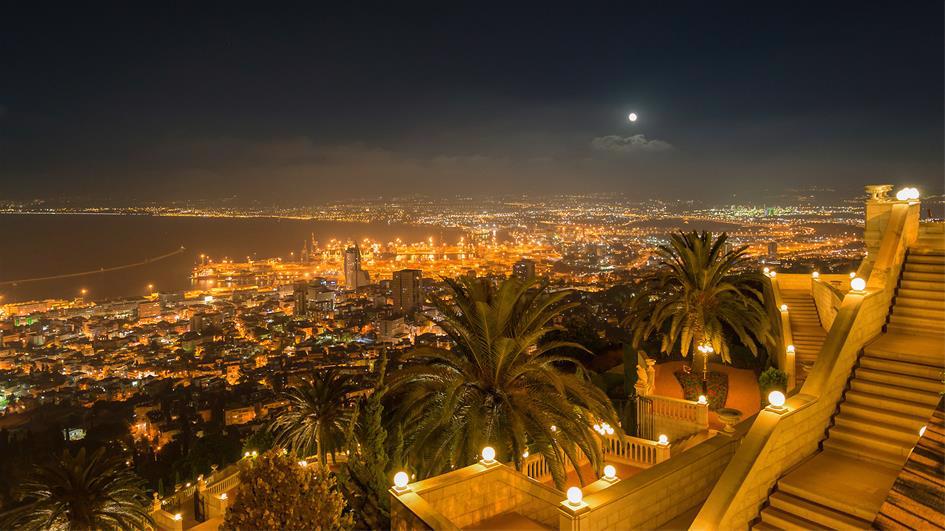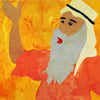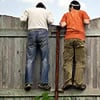Located in Israel's north, Haifa hugs the Mediterranean Sea. There are many suggestions as to the origin of Haifa’s name. It may come from the words “chof yafeh,” literally “beautiful beach,” which it most certainly is. Still, Haifa is best known as a working — not a beach — town. Unions have played a strong role in the city, even earning it the nickname “Red Haifa.” As the saying goes, “Haifa works, Jerusalem prays, and Tel Aviv plays.”
Built on the slopes of Mount Carmel, Haifa was a small town for over a thousand years. Christian Templers helped develop the city in the nineteenth century but it was the British who expanded the port and built the refineries, allowing for massive subsequent growth. Major industry moved here quickly. The respected Rambam hospital, the University of Haifa, the Technion, and Matam (one of Israel’s oldest and largest high-tech parks) are all located here. The city also boasts the only underground subway in the country (the Carmelit) and a cable car. Today, it is the third-largest city in Israel.
Today, Haifa’s Arab citizens comprise about 20% of the population and, despite occasional tensions, the city is considered a model of coexistence. It is also the home of thousands of Ahmedites, Bahá’ís, and Druze.
There is much Jewish history here. Elijah fought the prophets of Baal on this same Mount Carmel thousands of years ago and the cave where he hid is considered a holy place to Jews — as well as Christians, Muslims, and Druze — to this day. Jewish Haifa was well established during the Second Temple period, and it is mentioned over a hundred times in the Talmud. Jewish residents valiantly resisted the Crusader conquest in 1101 CE for over eight months. When the city fell, they were slaughtered by the furious Crusaders.
Rabbi Menachem Mendel of Kaminetz visited Elijah’s cave in 1833, and wrote how moved he was by the praying here, realizing that the area most certainly was “Holy Land.”











Join the Discussion